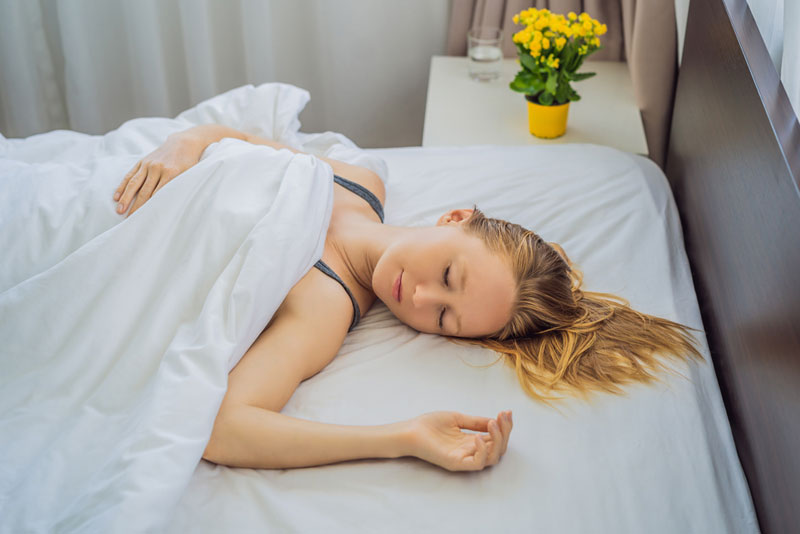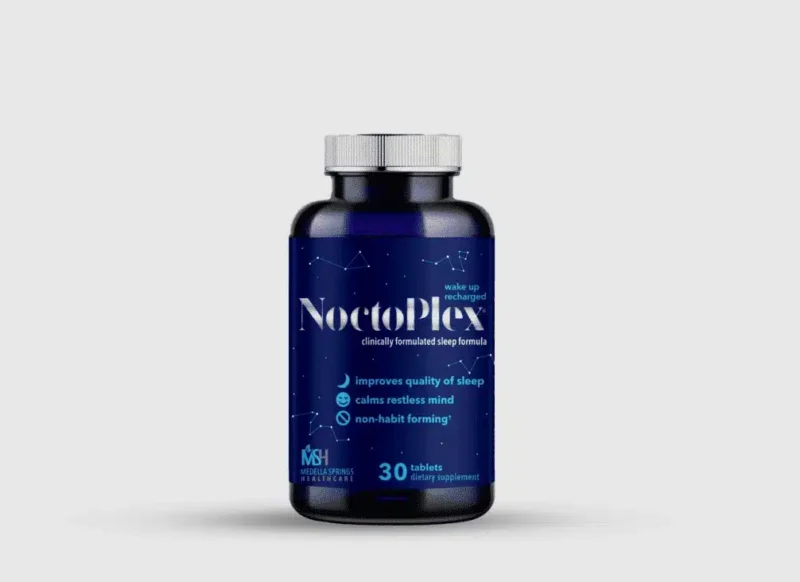Recently, there has been a growing trend among health enthusiasts and sleep experts to sleep without a pillow. This practice has sparked curiosity and debate among people who traditionally rely on a pillow for comfort and support during sleep. Proponents of pillowless sleeping argue that it offers various health benefits. However, it is essential to note that this practice may only be suitable for some, and potential downsides must be considered before making the switch.
If you are curious about the benefits of pillowless sleeping, this article will delve into them in detail. I will also provide tips on transitioning smoothly to this practice and discuss potential disadvantages to offer a well-rounded perspective. Whether you are considering pillowless sleeping for health reasons or want to try a new sleep routine, this article will provide a comprehensive overview of what to expect.
Is It Good To Sleep Without A Pillow?
Sleeping without a pillow could benefit individuals who prefer sleeping on their stomachs. This approach helps maintain a natural neck and spine alignment during sleep, potentially easing neck and back pain. Back or side sleepers might find that going pillowless leads to discomfort in the neck or back, as their sleeping positions naturally require different support for proper alignment.
Benefits Of Pillowless Sleeping
Sleeping without a pillow can provide many benefits to improve your overall health and well-being. These benefits may include
Improved Neck and Spine Alignment
One of the primary benefits of pillowless sleeping is promoting the natural alignment of the neck and spine. Pillows can sometimes elevate the head unnaturally, causing neck and spine misalignment and leading to discomfort or pain.
Reduced Neck and Back Pain
Sleeping without a pillow can alleviate discomfort for some individuals, especially those suffering from neck and back pain. It allows the body to lie flatter and in a more natural position.
Headache Relief
Waking up with a headache or a sensation of light-headedness is a common issue, and sometimes, your pillow could be the culprit. Consider the possibility of your soft pillow restricting blood flow to your head, reducing the usual oxygen supply. This limitation can contribute to morning headaches due to altered oxygen distribution. Sleeping without a pillow might make a noticeable difference, providing a clearer head and perfect goodnight sleep.
Stress Reduction
The wrong pillow can lead to uncomfortable sleeping positions, causing you to toss and turn all night. This restlessness can escalate stress levels, potentially leading to further mental and physical health complications. By eliminating the pillow, you can reduce sleep disturbances, thereby improving the quality of your sleep. This enhancement can help lower stress hormones and boost energy levels the following day.
Facial Acne Prevention
Ditching the pillow could also be a strategy to combat facial acne. Acne often arises from dirt and oil accumulating and clogging pores, leading to inflammation, redness, and infection. Since your face spends significant time in contact with your pillow, which may not be cleaned daily, it’s exposed to saliva, dust, and sweat. This environment can foster bacteria, contributing to acne. Removing the pillow reduces your face’s exposure to these irritants.
Enhanced Sleep Quality
Sleeping in a more natural and good position without a pillow can improve sleep quality. Pillowless can help reduce tossing and turning, leading to deeper, more restful sleep.
Prevention of Wrinkles
Studies suggest that sleeping without a pillow can help prevent facial wrinkles. The pressure of a pillow against the face throughout the night can cause creases, which may become permanent over time.
Better For Certain Sleeping Positions
Pillowless sleeping is particularly beneficial for stomach sleepers, as it prevents awkward neck angles and the resultant strain from using a pillow.
Tips To Start Sleeping Without A Pillow
- Gradual Transition: If you’re used to sleeping with a pillow, start with a thinner one and gradually reduce its thickness until you can comfortably sleep without one.
- Choose the Right Mattress: A good mattress with a comfortable room temperature is crucial when you ditch the pillow. It should support your body’s natural curves and provide comfort.
- Experiment with Sleeping Positions: You may need to adjust your sleeping position for comfort. Many find sleeping on their back or stomach is more comfortable without a pillow.
- Use a Rolled Towel for Support: A rolled towel under your neck can help ease the transition.
- Be Patient: Getting used to pillowless sleeping might take some time. Give your body time to adjust to the new sleeping style.
Conclusion
Sleeping without a pillow can offer several health benefits, particularly regarding neck and spine alignment and potentially enhancing sleep quality. However, it’s not a one-size-fits-all solution and might only suit some. If you’re considering making the switch, start gradually, be patient, and listen to your body’s cues. As with any significant change to your sleeping habits, it’s advisable to consult with a doctor, especially if you have pre-existing health concerns. Pillowless sleeping, though unconventional, could be a step toward a more restful and healthful night’s sleep for some.
Frequently Asked Questions
Is Pillowless Sleeping Good For Everyone?
Pillowless sleeping is not a one-size-fits-all solution. It can be beneficial for stomach sleepers but might not be comfortable or useful for side or back sleepers.
Are There Any Long-Term Effects Of Sleeping Without A pillow?
The long-term effects depend on individual responses and the body’s adaptation to this sleeping style. Some may experience neck and back alignment improvements, while others might not feel comfortable in the long run.
Should Children Sleep Without A Pillow?
Children under two years should not use pillows due to safety risks. Beyond this age, the need for a pillow varies, often based on comfort and sleeping position.


